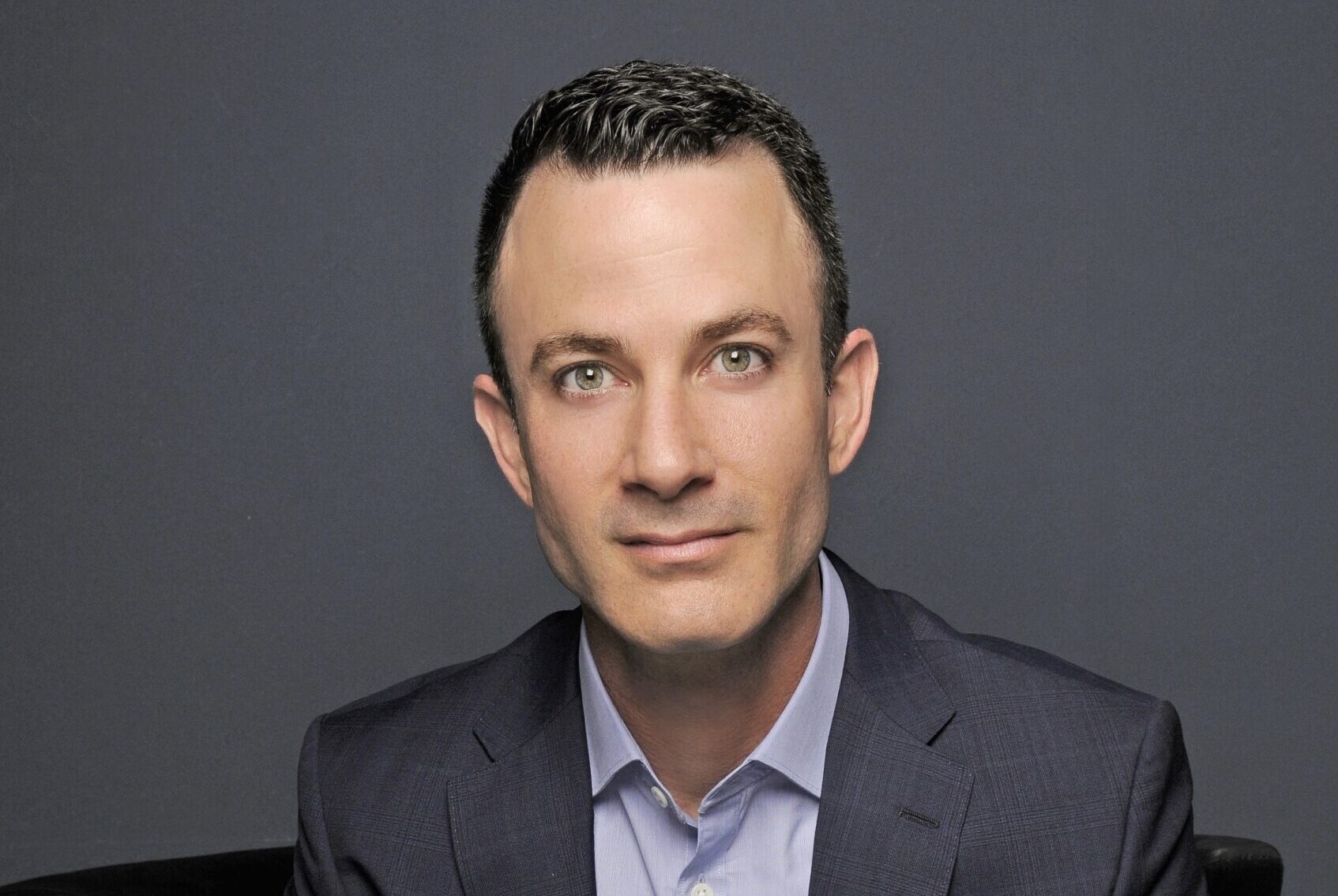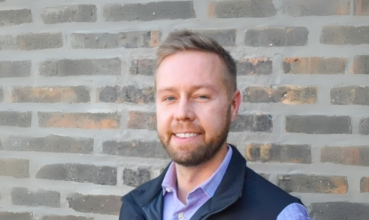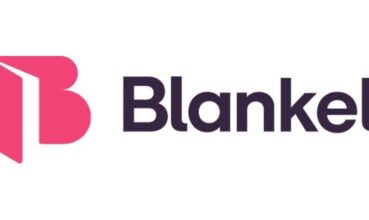BuildMyPlace has established itself as a growing presence in the kitchen and bath industry through their dual-market approach. Operating from a central warehouse and showroom in Louisville, ...
Beyond Traditional Lending: David Krebs Navigates Complex Mortgage Solutions in Miami's Dynamic Market




In Miami’s competitive real estate market, where traditional lenders increasingly rely on automated systems to approve straightforward applications, Krebs has built a thriving business by focusing on the complex cases others reject. His approach combines deep industry knowledge with creative problem-solving to secure financing for borrowers who fall through the cracks of conventional lending.
“I enjoy working with the underdog,” says David A. Krebs, Principal Broker at DAK Mortgage in Miami. “Self-employed individuals, investors who typically write off significant expenses, and foreign individuals who don’t have a US footprint, these are the clients I primarily serve.”
From Market Crash to Specialized Expertise
Krebs’ journey in the mortgage industry began in 2004, during what he describes as the era when “Alan Greenspan relaxed everything and you didn’t have to use tax returns.” Like many in the industry, he thrived in the pre-2008 environment where stated income loans were common and documentation requirements were minimal.
“If you asked somebody for a tax return back then, they would look at you like you had four eyes,” Krebs recalls. “They’d say, ‘I’m not going to use tax returns. This guy over here is going to do it stated.'”
When the market collapsed in 2007, Krebs found himself out of a job as lines of credit dried up and bankruptcies mounted. Rather than leaving the industry, he pivoted to underwriting distressed deals, learning how to “stretch and pull the notes, make them perform” during a time when loan modifications and the Home Affordable Refinance Program (HARP) dominated the landscape.
This experience proved invaluable. When capital began flowing back into the market around 2013, Krebs returned to originating loans with a much deeper understanding of underwriting principles. After witnessing several mergers between 2015 and 2017, he decided to strike out on his own, founding DAK Mortgage with a partner.
The timing proved fortuitous. While many loan originators have exited the industry in recent years particularly since late 2023, when Krebs notes there was “a mass exodus”, his business has thrived. “For me, it’s actually increased my book of business. There’s no shortage of deals,” he explains.
The Creative Financing Specialist
What sets Krebs apart in today’s market is his willingness to tackle complex financing scenarios that automated systems simply can’t handle.
“Fannie and Freddie is pretty straightforward,” he explains. “You collect your two years tax returns, your two bank statements, your W-2s. You submit it, you run it through DU [Desktop Underwriter], it spits out a decision.”
But for self-employed individuals, investors with complex tax situations, or foreign nationals without US credit histories, the process requires a much more hands-on approach. These deals aren’t automatically underwritten through algorithmic platforms, they require someone who knows how to calculate ratios, interpret complex income streams, and present the borrower’s financial situation in the most favorable light.
Krebs estimates these non-traditional borrowers represent about 25% of all loans originated across the country, a substantial market segment that many lenders struggle to serve effectively.
Case Study: The Plastic Surgeon’s Dilemma
The collapse of First Republic, Signature Bank, and Silicon Valley Bank in early 2023 created a significant gap in the market for jumbo loans exceeding $3 million. Recognizing this opportunity, Krebs and his partner wrote a blog post about super jumbo loans, which quickly attracted attention.
“Within a few weeks, I got a call from a plastic surgeon on a Saturday afternoon,” Krebs recounts. The surgeon had deposited approximately $4.5 million with Chase Private Bank but was capped at a $3 million loan. Looking at properties in the $6 million range, he needed additional financing but couldn’t find a lender willing to exceed their cap.
After reviewing the surgeon’s financial package, Krebs made a single phone call and secured 80% financing, a remarkable achievement in the post-banking crisis environment. Even more impressive, he closed the deal two weeks ahead of schedule.
“He called me afterwards and asked, ‘How did you get the deal done two weeks early?'” Krebs recalls. “I told him, ‘I smoothed out all the bumps. I mitigated all the risk that I saw associated with the deal, made sure the doors were closed so the underwriter wouldn’t ask for additional documents. I presented everything they wanted on a silver platter with a red bow on top, and your file flew right to the finish line.'”
Navigating International Waters
Foreign investors represent another significant portion of Krebs’ clientele, particularly in Miami’s luxury real estate market. These borrowers often face unique challenges due to their lack of US credit history, tax returns, or concerns about their countries of origin.
One particularly challenging case involved an Italian borrower married to a Venezuelan woman. The client had a Venezuelan entry stamp in his passport, a potential red flag given the political and financial turmoil in Venezuela, and was stuck in a private note with a nearly 10% interest rate on a luxury Miami condo that was approaching maturity.
“I made a couple phone calls and found a lender,” Krebs explains. “I was able to take his short-term 10% rate, put it into a 30-year fixed, and lower his interest rate by about half.”
The key was using alternative documentation to support income and demonstrating assets outside Venezuela, while ensuring the borrower had no issues with OFAC (Office of Foreign Assets Control) or Interpol background checks. The multi-million-dollar deal not only helped the borrower but also preserved his relationship with his financial advisor, who subsequently referred additional clients to Krebs.
The Limitations of AI in Mortgage Approval
While many in the industry are rushing to embrace artificial intelligence and automated underwriting, Krebs remains skeptical about their limitations particularly for non-traditional borrowers.
“Those findings can be manipulated,” he warns, referring to automated underwriting system reports. “If there’s not straight W-2 income, if there’s any kind of bonuses or RSUs where you get stock options, they’re not calculated correctly. It’s garbage in, garbage out.”
This technological shortcoming has actually become a business opportunity for Krebs. “That’s basically how I built my book of business,” he explains. “People go and mismatch rate with risk. They go to Bank of America, Chase, or Wells, and they typically take a verbal application—how much you make, how much are your expenses—they plug it in without verifying it, spit out a pre-approval, and then you get a big red X in underwriting.”
When these deals fall apart, borrowers often turn to specialists like Krebs who can restructure the application and get it approved, even within tight timeframes. “I already know what the issues are. You already realized you’re not getting the best possible rates or the rate that was quoted, and I get to restructure the deal, resubmit it, and typically close it within the timeframe that’s needed.”
Investor Insights: Beyond AI Tools
For real estate investors, Krebs offers cautionary advice about over-reliance on technology tools like AirDNA as part of the approval process, which provide short-term rental income estimates.
“AirDNA is good and bad,” he notes. “If you’re using AirDNA and the appraiser doesn’t agree with the comparables from an income perspective, you’ve got a problem. If he overrides the AirDNA data, whether from a sales approach or an income-based approach, then you have to dispute and sometimes, when you dispute, you kill your own deal.”
Krebs recently handled a case involving a beachfront property in Normandy Isles that generated substantial seasonal rental income. Rather than relying solely on AirDNA data, he advised ordering a traditional appraisal with both sales and income approaches.
“The appraiser actually did a better job putting it together than using AirDNA,” Krebs explains. “We went from his document showing about $140,000 annually to $180,000 annually from seasonal rentals.” This approach secured better pricing and terms than would have been possible using only the AI-generated estimates.
For investor deals, Krebs prides himself on quick turnarounds often closing loans in 8-16 days, depending on how quickly borrowers can provide documentation. “The longer it lingers, the more potential problems you have,” he notes.
Looking Ahead: The ARM Reset Challenge
As the mortgage industry moves through 2025, Krebs is increasingly concerned about adjustable-rate mortgage (ARM) resets. Many investors who secured low-rate ARMs between 2019 and 2023 are facing significant payment increases as these loans adjust.
“About 18 months ago, LIBOR was retired and SOFR took its place,” Krebs explains, referring to the benchmark interest rates used for many adjustable mortgages. “If you look at a copy of these notes and do the calculation, a lot of these ARMs that are not pretty.”
With interest rates potentially increasing by two percentage points or more, combined with higher property expenses and potentially softer rental income, many investors are feeling the squeeze. Krebs advises addressing these issues proactively: “Don’t wait until you get that letter saying in the next 30-60 days you’re resetting. Address it prior. Get ahead of the curve rather than behind it, because it creates turmoil.”
Embracing Regulation in a Fraud-Prone Market
Despite the challenges of navigating complex regulations, Krebs welcomes the oversight provided by the Consumer Financial Protection Bureau (CFPB). “While some think it should have never been put in place, I actually welcome it because it keeps some of the riffraff out, the bad mojo, the individuals looking to do the bait and switch to get the deal.”
Florida, he notes, is particularly vulnerable to mortgage fraud. Recent hurricanes have caused insurance premiums to “jump through the roof,” and when combined with increasing tax bills, some borrowers are tempted to manipulate documents to qualify for loans they can’t afford.
“I’ve definitely lost some deals from the bait and switch,” Krebs admits. “But I’ve had clients call me back and say, ‘I appreciate the fact that you quoted it accurately and correctly. In other words, I got duped. I went with the lower, better offer, and it didn’t turn out that way.'”
For Krebs, maintaining integrity in an industry often plagued by shortcuts is both a moral stance and a business strategy. By focusing on complex deals that require genuine expertise rather than automated approvals, he’s built a sustainable business that thrives even as many originators exit the industry.
“I like what I do,” he says simply. “Every two deals is not the same, and everybody’s situation is different. Credit has tightened up, underwriting has tightened up, property values may have come down, expenses have increased but how can I use my brain to figure out how to get this to the finish line? That’s what keeps me engaged.”
In a mortgage landscape increasingly dominated by technology and standardization, David Krebs demonstrates that there’s still tremendous value in human expertise, creative problem-solving, and a willingness to tackle the deals that algorithms simply can’t handle.
Similar Articles
Explore similar articles from Our Team of Experts.


“We had no idea about the extent of non-compliance until we looked at the data. Suddenly we realized 60-70% of property owners weren’t meeting the insurance requirements in their...


“People have been working on instant title searches for 25 years. The race is on to do an instant search, with underwriters well-positioned because they own all the data, and data is k...


In today’s dynamic real estate landscape, a fundamental transformation is reshaping how property managers serve their clients. Leading this change is Blanket, a technology company foun...


When Julie Schechter graduated from Brooklyn Law School during the recession 15 years ago, she jokes she “begrudgingly” took a job at her father’s small firm representing c...




